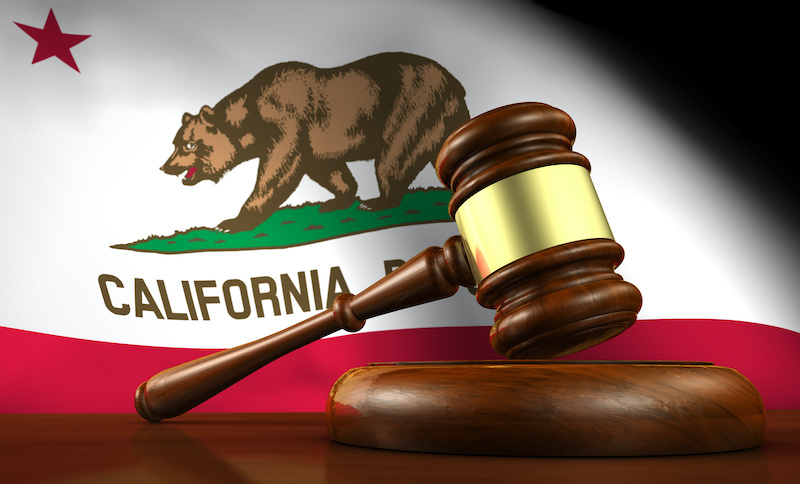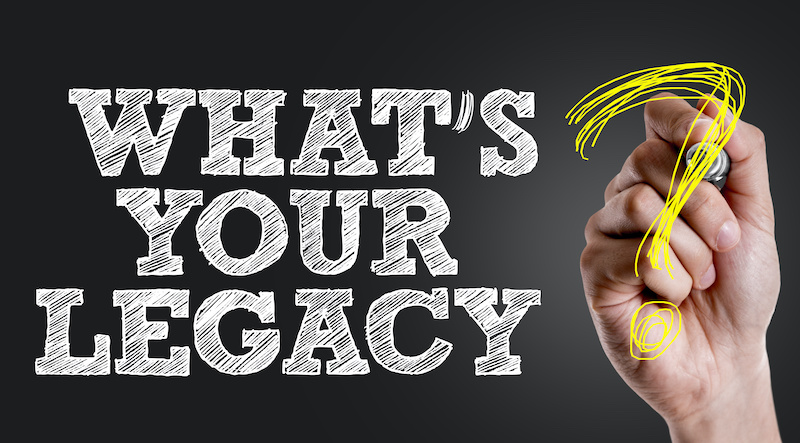
About two out of three Americans will die without a will. The court calls this dying intestate. While the reasons for not having a will vary, the end result is the same for everyone: they do not get to choose who receives their property when they die. Instead, the court distributes their money and property according to the laws of their state in a process called intestate succession. In this blog post, we discuss intestacy and recommend taking steps to avoid it.
Sample State Intestacy Laws

It is understandable why people do not want to talk or think about death. But dying without a will takes power out of the individual’s hands and puts it in the hands of the state and its one-size-fits-all intestacy laws. Here is the law in California, where Skvarna Law Firm is located:
California Intestacy Laws

The state of California differentiates between community property and separate property. The former generally includes property the spouse acquired during the marriage. On the other hand, the latter refers to property obtained prior to or outside of the marriage.
When a person dies intestate in California while married and they have one child or grandchild, the spouse inherits all the community property and half of the separate property; the child or grandchild inherits the rest. If they die married and intestate with two or more children, the spouse gets all the community property and one-third of the separate property, with the rest split equally among the children.
California also has a few unique intestacy laws. For example, the court treats half-siblings sharing a parent as whole siblings for intestacy purposes. And the judge treats children born after the decedent’s death as heirs.

Potential Consequences of Dying Intestate
While largely similar from state to state, vary in the details and can quickly get complicated, especially when a family is blended and does not have a typical nuclear structure. In fact, because more than half of marriages now end in divorce, most families have shifted from having a biologically bonded mom, dad, and kids to a blended family structure.
Non-blood Beneficiaries & Intestacy

Default intestacy laws can leave out not only stepchildren, foster children, and children placed for adoption, but also close family friends, charities, and others not related by blood.
Who Receives the Money and Property—and How Much
Intestacy laws are rigid about who receives how much. Intestate shares are statutorily determined and do not consider special circumstances, such as an heir who is receiving income-based financial aid and may be disqualified from further benefits due to an estate disbursement. This could be avoided by placing money and property in a trust for that individual’s benefit.
Do Not Leave Your Legacy Up to the State

There is much about death we cannot control. We do not know when, where, or how we will meet our end. But we can control our legacy and make our final wishes known through an estate plan. Although you may think you are too young, do not have enough money and property, or cannot afford estate planning, a better question might be, “Can you afford not to have a plan?” A basic estate plan can fit your budget and allow you to rest easy knowing your money and property will end up where you want them to go. Do not leave your legacy up to the state. Create an estate plan while you still can and make your wishes known.

About Skvarna Law Firm in Glendora and Upland, California
Let a skilled attorney assist with your estate plan. So, contact us today to learn about your options (909) 608-7671. We operate offices in Glendora and Upland, California. Therefore, we provide legal services for individuals living in San Bernardino, Los Angeles, Orange, and Riverside Counties. This includes the cities of Upland, Ontario, Rancho Cucamonga, Fontana, Colton, Rialto, Chino, Chino Hills, Glendora, Claremont, Montclair, Pomona, La Verne, San Dimas, Azusa, Covina, West Covina, Diamond Bar, Walnut, La Puente, Corona, Norco & Mira Loma. Visit SkvarnaLaw.com to learn more.


